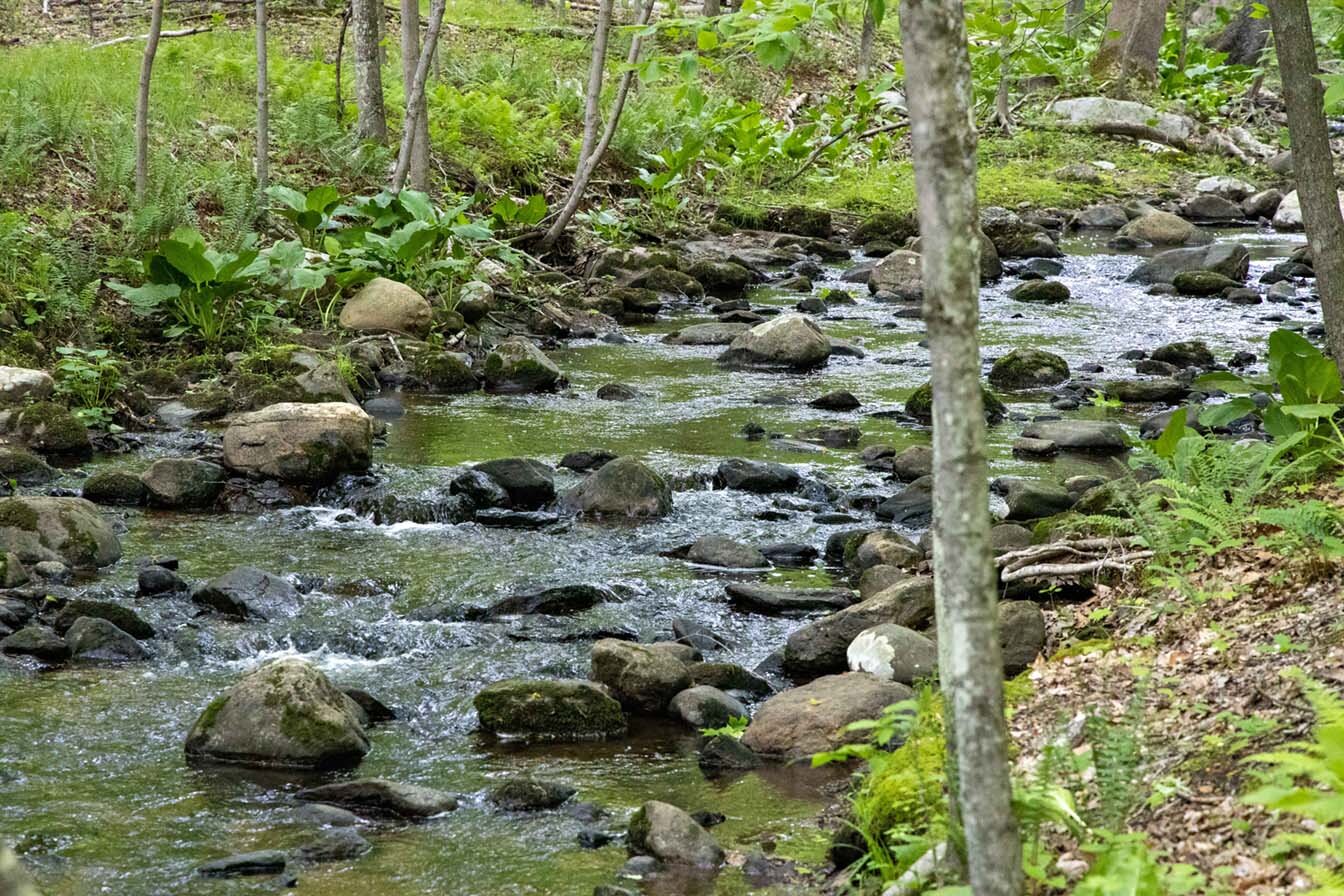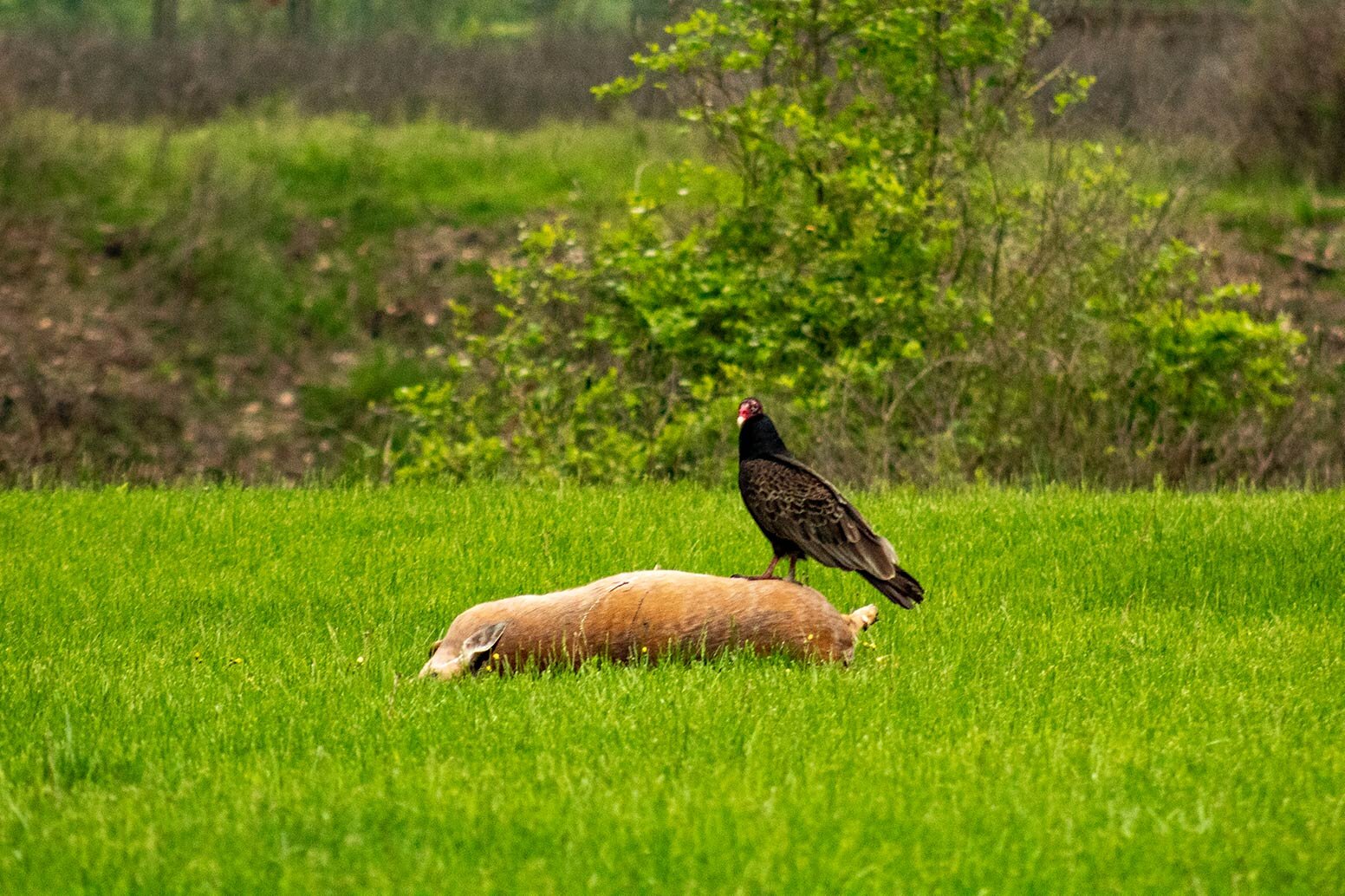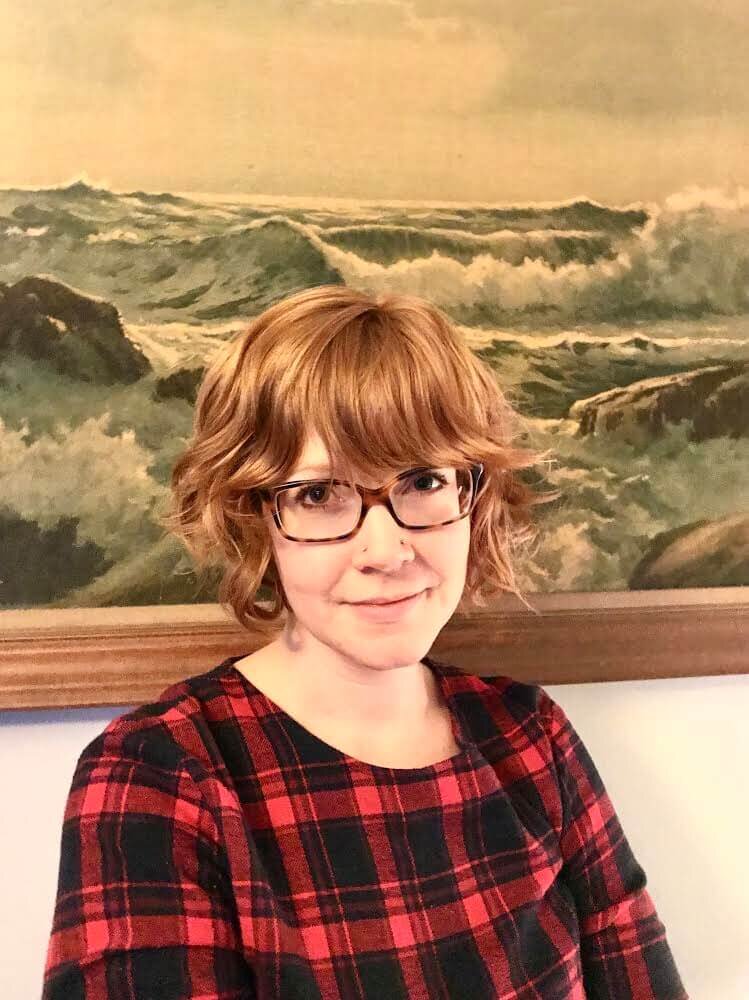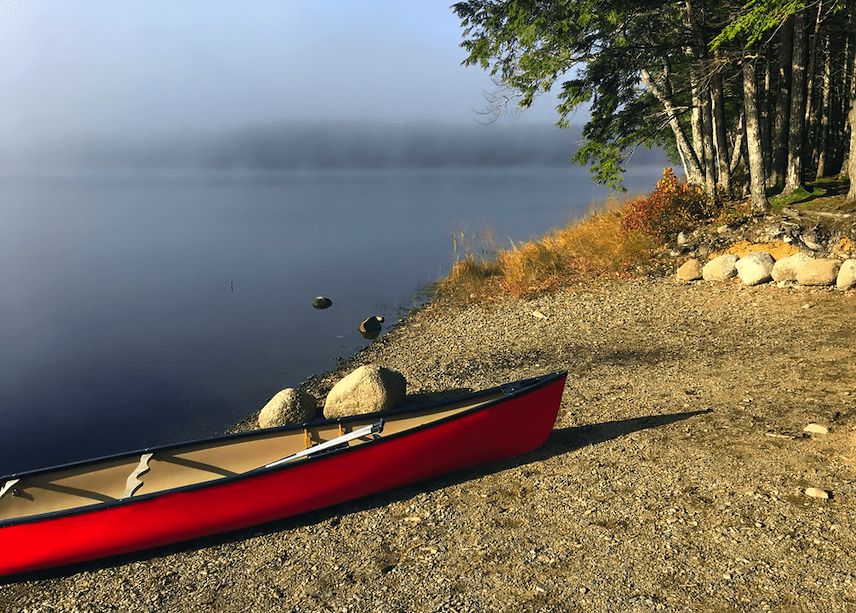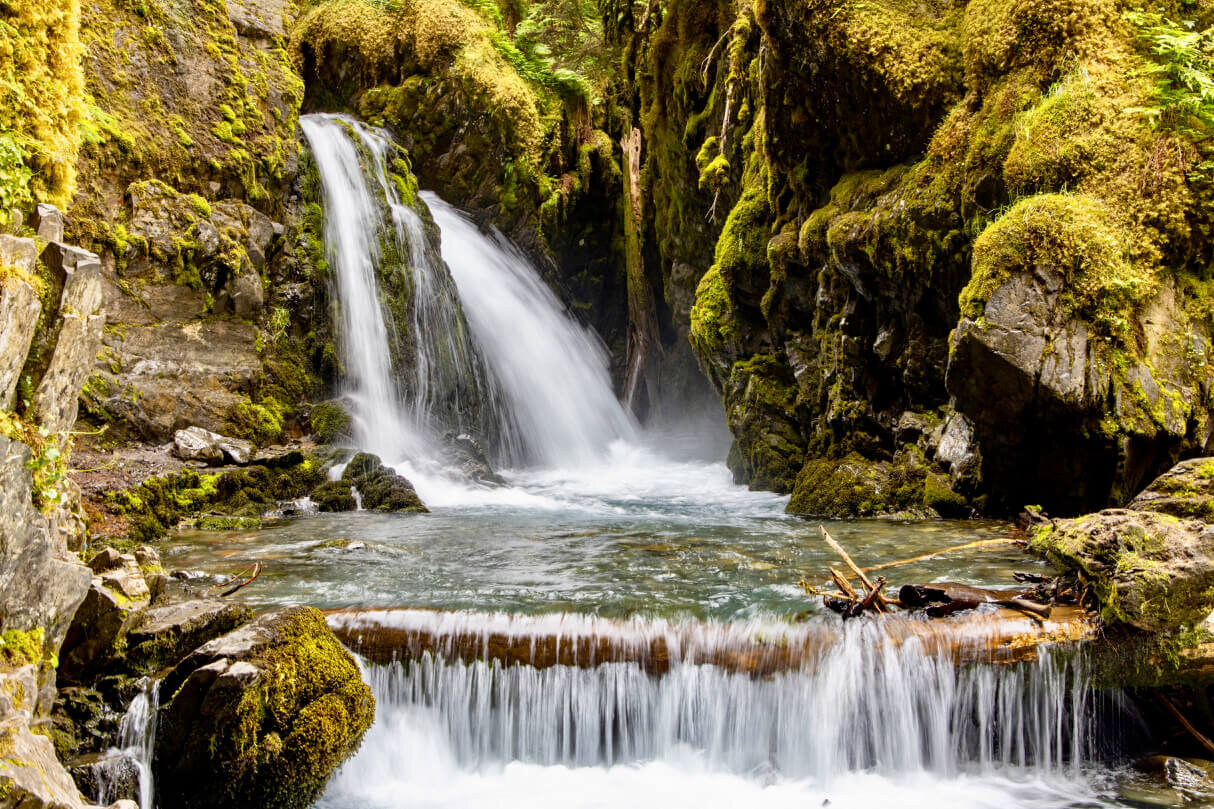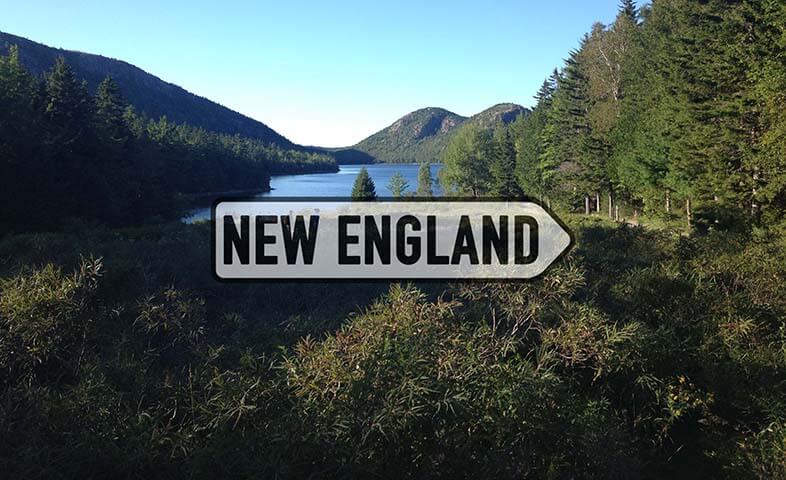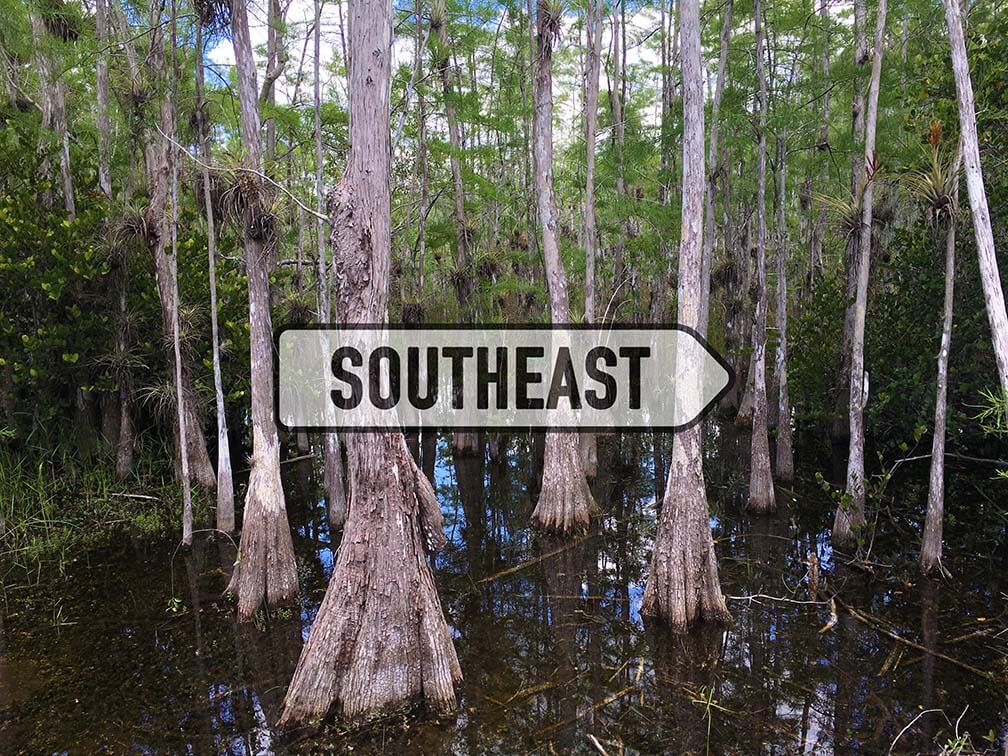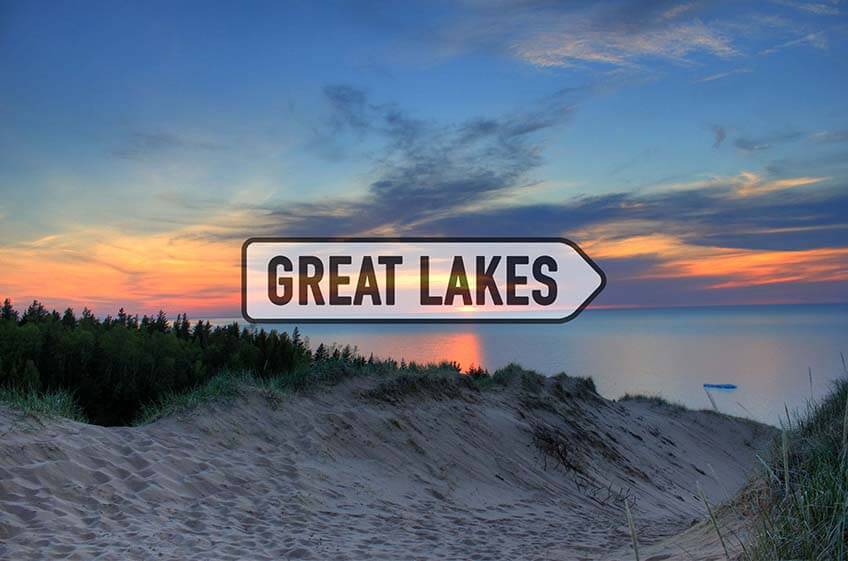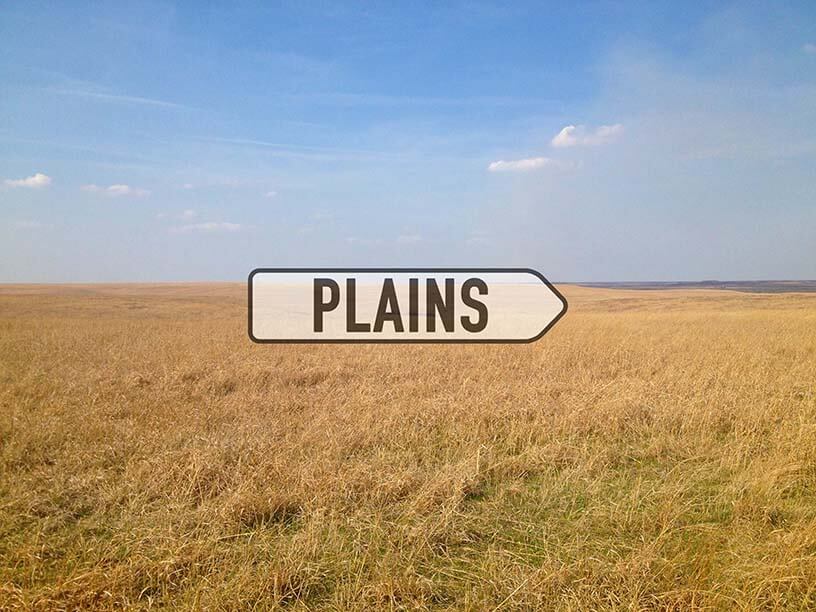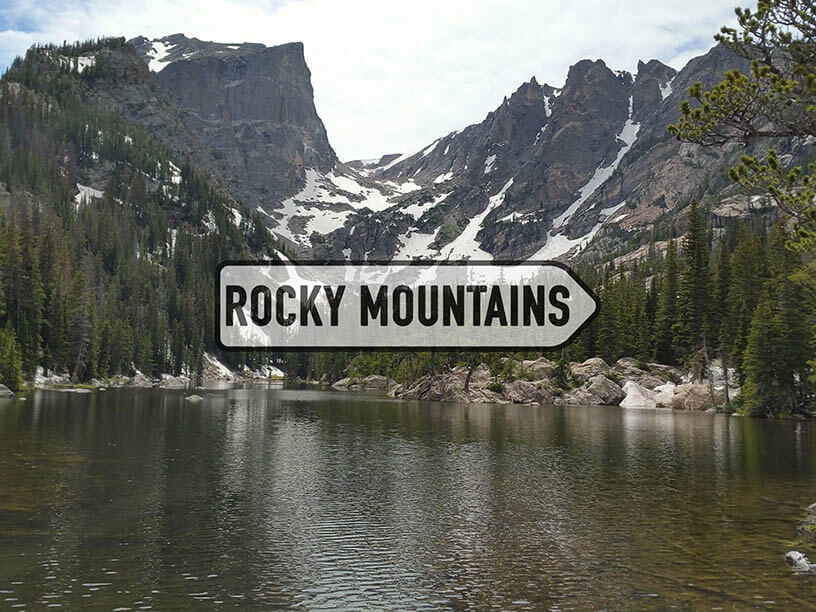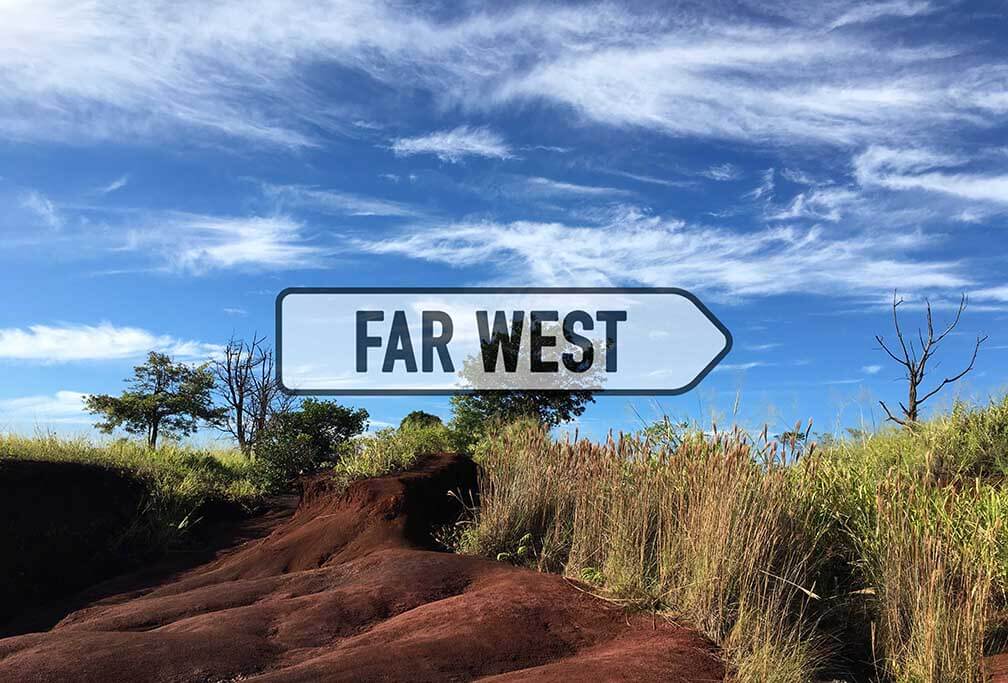How do you describe the way
a river flows into the sea? You could
hold a mouthful of water
in your cheeks, to taste it back
to the melting of a single snowflake.
The advent of spring and its ability
to spot a pair of bulging eyes bobbing
above the surface of a murky pond.
You could spit the water through the wood
where the marble players shine flashlights
onto trees, as if the light divides
the bark from its trunk.
The fishermen grab tackle and bait,
then salt the rods for fish and fortune,
luck at the crux of hook and lip.
They know how they’ve dipped their lines
and stared at every branch, raft, and in
that distant town, we hear the fish sing.
Brian Chander Wiora is a Creative Writing Teaching Fellow at Columbia University, where he teaches poetry. His poems have appeared or are forthcoming in The American Literary Review, Rattle, The Florida Review, Gulf Stream Magazine, and other places. Besides poetry, he enjoys listening to classic rock music, performing standup comedy, and traveling.

